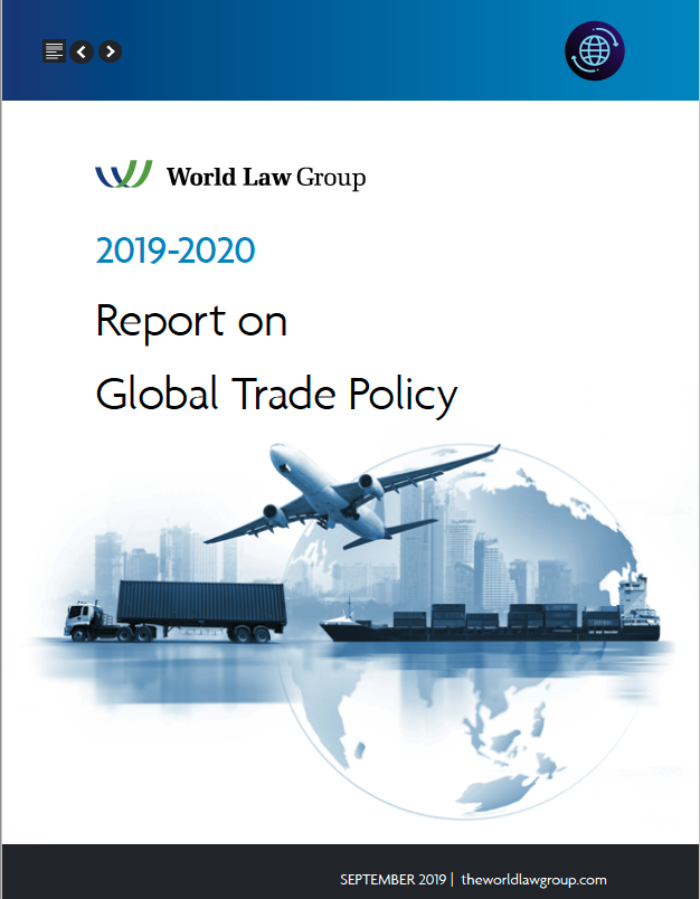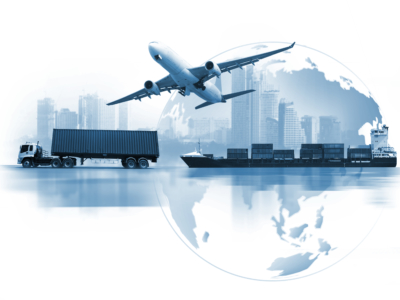Not a WLG Member?
No problem! You can sign up for news related to our Practice & Industry Groups, global guides and other WLG resources.

INTRODUCTION
The World Trade Organization (WTO) recently noted that world trade is continuing to face strong headwinds in 2019 and 2020 after already growing more slowly than expected in 2018. International trade is weighed down by several factors, including, inter alia, new tariffs and sanctions affecting widelytraded goods, weaker global economic growth, volatility in financial markets and tighter monetary conditions in developed countries. Heightened trade tensions cannot explain all of the trade slowdown but they have undoubtedly played a significant role as consumers and firms alike have anticipated new trade measures taking effect. As nearly every unilateral trade measure is accompanied by a retaliatory act, trade tensions have wide international repercussions. Likewise, foreign investment control has become a top enforcement priority throughout several jurisdictions thereby slowing down the creation of new trade relationships.
Against this background and with the multilateral negotiations under the auspices of the WTO locked in stalemate, the focus of trade politics is currently on bilateral agreements such as the EU-Mercosur trade agreement and Economic Partnership Agreement between the EU and Japan. Those free trade agreements are sending a powerful signal that some of the world’s biggest economies still reject protectionism. However, especially in times of increasing trade tensions, it is vital that the rulesbased multilateral trading system, with the WTO at its core, is upheld and reinforced. Among others, the failure of the TTIP negotiations and the still possible No-Deal Brexit scenario prove that a strong and sound multilateral trading system is indispensable as the foundation of international trade.

World Law Group (WLG) member firms’ day-today
work is affected by the ongoing international
trade tensions. Our trade practices include creating
customized solutions to help clients achieve their
business objectives when facing new trade barriers
such as tariffs and sanctions.
This Report provides you with an overview on top
trade policy priorities and challenges in several WLG
member jurisdictions, outlining the overall approach
country-by-country on international trade and
specifying concrete policy measures applied such
as new tariffs, sanctions and FDI control. Finally,
our trade experts describe how the nature of their
practice has evolved over the last two years and
what further challenges they foresee down the road.
Download the Trade Guide
Showing 40 to 42 of 47

